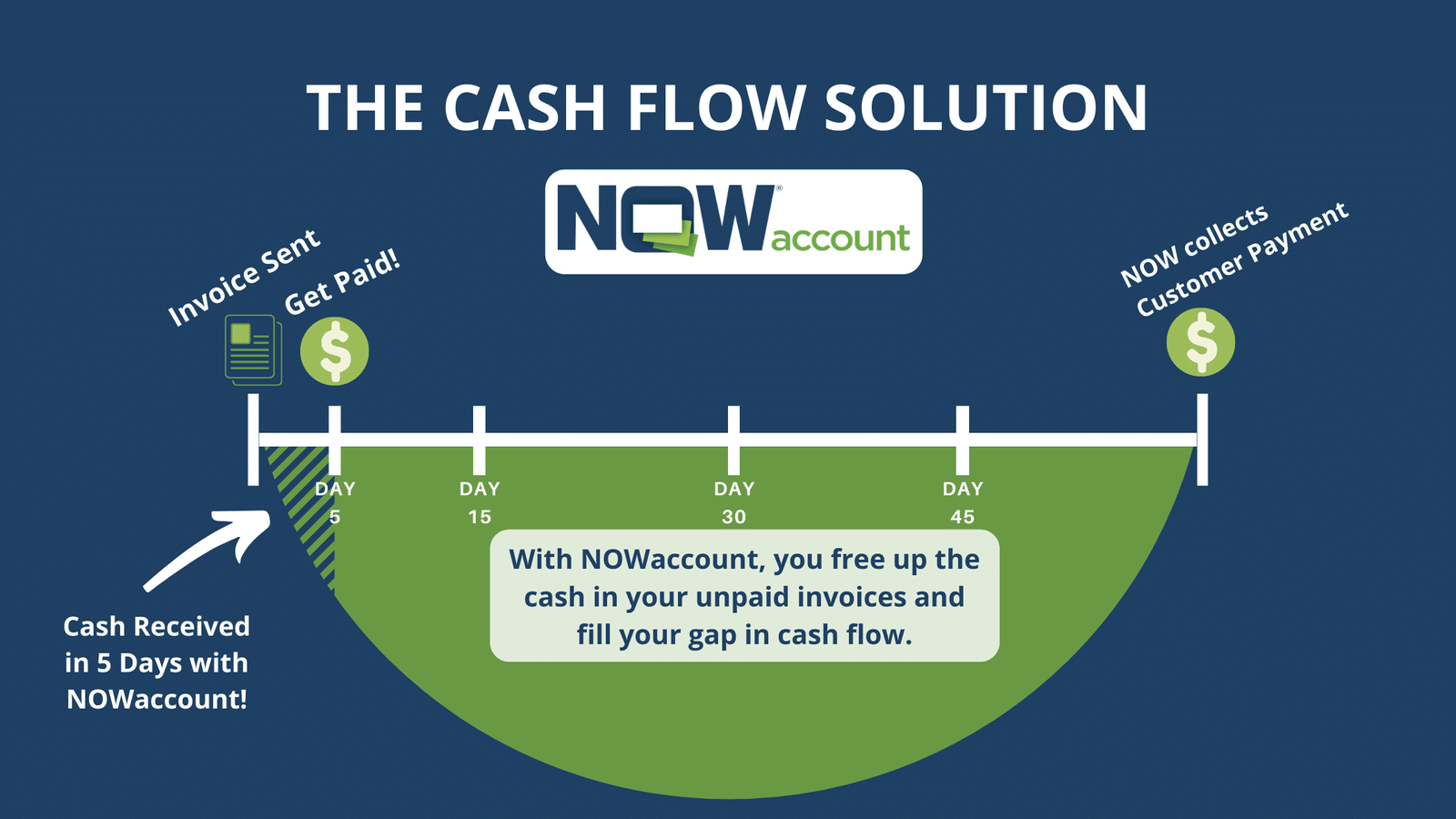Cash Flow Management: Your Key to Financial Success
Managing your cash flow is an essential skill that can make or break your financial success. Whether you are a business owner, freelancer, or simply trying to manage your personal finances better, understanding and effectively managing your cash flow will provide stability and bring you closer to achieving your financial goals.
What is Cash Flow?
Cash flow refers to the movement of money in and out of your accounts over a specific period. It encompasses both income and expenses, giving you a clear picture of how much money is coming in versus going out. Positive cash flow occurs when you have more money coming in than going out, while negative cash flow indicates more money leaving than entering.
Why is Cash Flow Management Important?
1. Ensures Solvency: Effective cash flow management ensures that you have enough funds on hand to meet immediate financial obligations such as paying bills, rent/mortgage, salaries (if applicable), and other necessary expenses.
2. Enables Growth: Properly managing cash flow allows businesses to invest in growth opportunities without relying solely on external financing options like loans or investors. With positive cash flow, businesses can reinvest profits into new products/services or expand operations.
3. Reduces Debt Burden: By ensuring positive cash flow and minimizing unnecessary expenses, individuals can reduce their reliance on credit cards or loans for day-to-day living expenses. This helps avoid accumulating debt and falling into the trap of high-interest payments.
Tips for Effective Cash Flow Management:
1. Create a Budget: Start by tracking all income sources and categorizing expenses into fixed (e.g., rent) and variable (e.g., groceries). This will give you a comprehensive view of where your money is going each month.
2. Forecast Future Income/Expenses: Use historical data from previous months to estimate future income/expenses accurately. This allows for better planning ahead rather than being caught off guard by unexpected costs.
3. Prioritize Cash Flow: Focus on ensuring positive cash flow by managing expenses, negotiating better payment terms with suppliers (if applicable), and finding ways to increase revenue.
4. Build an Emergency Fund: Set aside a portion of your income for emergencies, unexpected expenses, or economic downturns. An emergency fund acts as a safety net during lean times and reduces the need for borrowing.
5. Monitor and Review Regularly: Continuously monitor your cash flow to identify any negative trends or areas that need improvement. Regularly reviewing your finances will help you stay on top of your financial health.
In conclusion, effective cash flow management is crucial for both individuals and businesses alike. By understanding your income sources, keeping track of expenses, and making informed decisions about spending/investing money, you can achieve financial stability and work towards reaching your long-term goals. With discipline and perseverance in managing cash flow effectively, you can pave the way to a brighter financial future.

